Pope Francis Recognised Palestinian Statehood
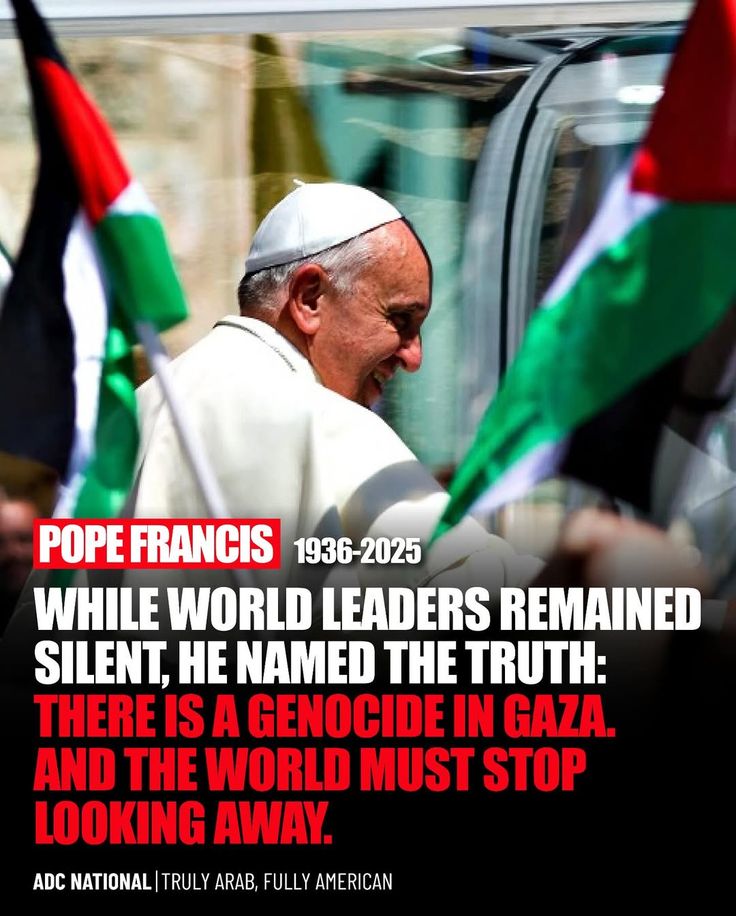
Since the Hamas attack on October 7, Pope Francis has called the Holy Family Church in Gaza every night. The last call took place the night before the Pope died and lasted 30 seconds.
The leader of the Catholic Church was, at least as I see it, a “Palestine activist.”
– Mohamed Abdi, Teacher and Writer
Palestinian President Mahmoud Abbas mourned Pope Francis, calling him a loyal ally of Palestine. Abbas praised the Pope’s recognition of the Palestinian state and his support for their legitimate rights. The Vatican also echoed the Pope’s final message, urging a Gaza ceasefire and humanitarian aid, and condemning the suffering on both sides.
POPE FRANCIS CALLS OUT ISRAEL FOR TERRORISM
This is related to Israel attacking the Catholic Parish in Gaza, where 2 Christians were assassinated
Pope Francis said “IT IS TERRORISM” pic.twitter.com/HPPemkyDxH
— Sulaiman Ahmed (@ShaykhSulaiman) December 17, 2023
Pope Francis dismantles the lie that is trickle-down economics in just 37 words.
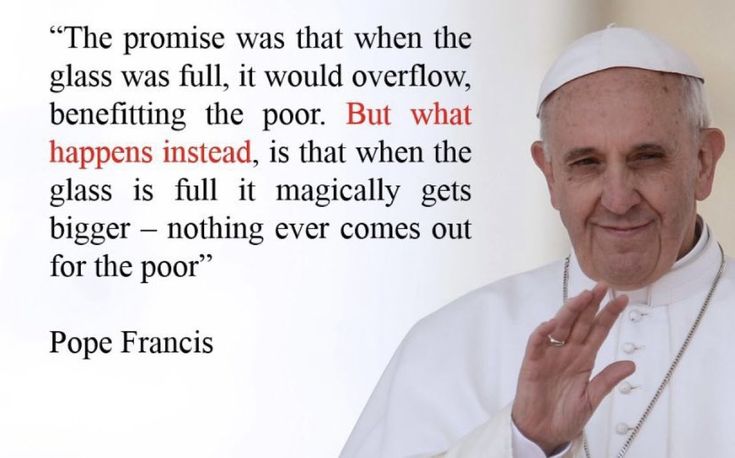
As long as the problems of the poor are not radically resolved by rejecting the absolute autonomy of markets and financial markets speculation, and by attacking the structural causes of inequality, no solution will be found for the world’s problems or, for that matter, to any problems. – Pope Francis
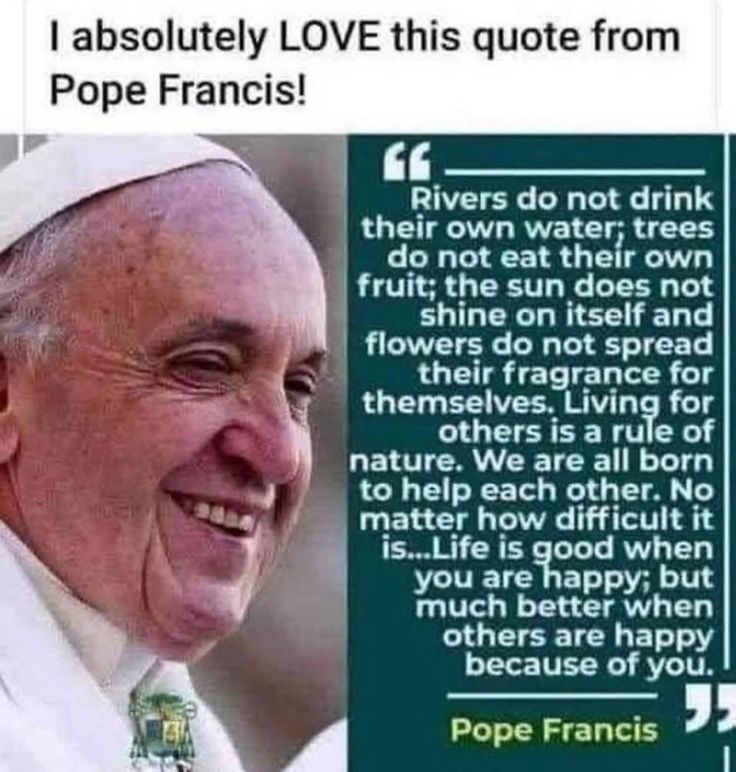
Pope Francis died at 88 with one partial lung.
The former bouncer who:
• Took buses as Cardinal
• Washed Muslim women’s feet
• Called out “the economy that kills”His final message to leaders changes everything: pic.twitter.com/cHSKb34axb
— Michael Jeffcoat (@MichaelJeffcoat) April 22, 2025
Julian Assange and Pope Francis
Now Julian is free, we have all come to Rome to express our family’s gratitude for the Pope’s support during Julian’s persecution. Our children and I had the honor of meeting Pope Francis in June 2023 to discuss how to free Julian from Belmarsh prison. Francis wrote to Julian in prison and even proposed to grant him asylum at the Vatican. – Stella Assange
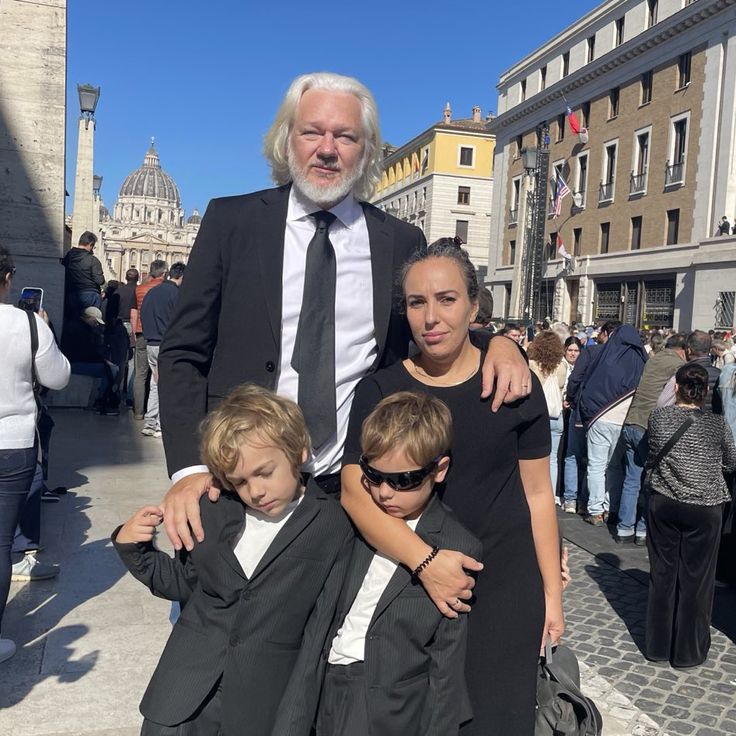
Molly Jackson, The Conversation
Pope Francis, whose papacy blended tradition with pushes for inclusion and reform, died on April, 21, 2025 – Easter Monday – at the age of 88.
Here we spotlight five stories from The Conversation’s archive about his roots, faith, leadership and legacy.
1. A Jesuit pope
Jorge Mario Bergoglio became a pope of many firsts: the first modern pope from outside Europe, the first whose papal name honors St. Francis of Assisi, and the first Jesuit – a Catholic religious order founded in the 16th century.
Those Jesuit roots shed light on Pope Francis’ approach to some of the world’s most pressing problems, argues Timothy Gabrielli, a theologian at the University of Dayton.
Gabrielli highlights the Jesuits’ “Spiritual Exercises,” which prompt Catholics to deepen their relationship with God and carefully discern how to respond to problems. He argues that this spiritual pattern of looking beyond “presenting problems” to the deeper roots comes through in Francis’ writings, shaping the pope’s response to everything from climate change and inequality to clerical sex abuse.
2. LGBTQ+ issues
Early on in his papacy, Francis famously told an interviewer, “If someone is gay and he searches for the Lord and has good will, who am I to judge?” Over the years, he has repeatedly called on Catholics to love LGBTQ+ people and spoken against laws that target them.
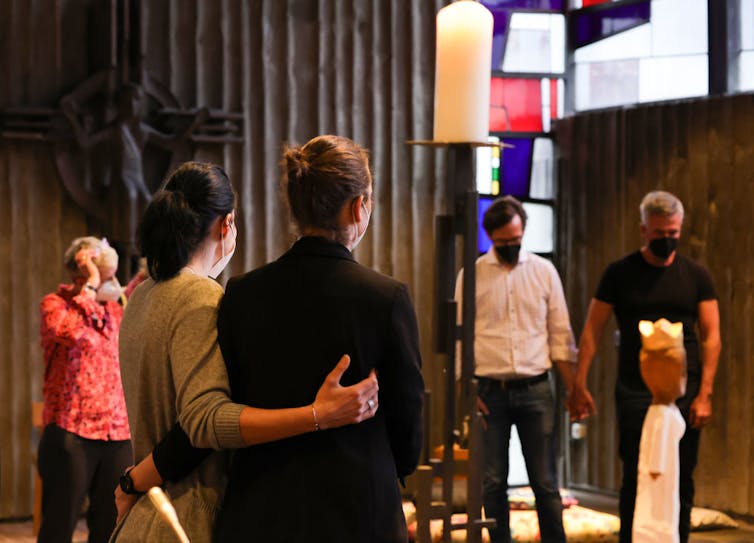
But “Francis’ inclusiveness is not actually radical,” explains Steven Millies, a scholar at the Catholic Theological Union. “His remarks generally correspond to what the church teaches and calls on Catholics to do,” without changing doctrine – such as that marriage is only between a man and a woman.
Rather, Francis’ comments “express what the Catholic Church says about human dignity,” Millies writes. “Francis is calling on Catholics to take note that they should be concerned about justice for all people.”
3. Asking forgiveness
At times, Francis did something that was once unthinkable for a pope: He apologized.
He was not the first pontiff to do so, however. Pope John Paul II declared a sweeping “Day of Pardon” in 2000, asking forgiveness for the church’s sins, and Pope Benedict XVI apologized to victims of sexual abuse. During Francis’ papacy, he acknowledged the church’s historic role in Canada’s residential school system for Indigenous children and apologized for abuses in the system.
But what does it mean for a pope to say, “I’m sorry”?
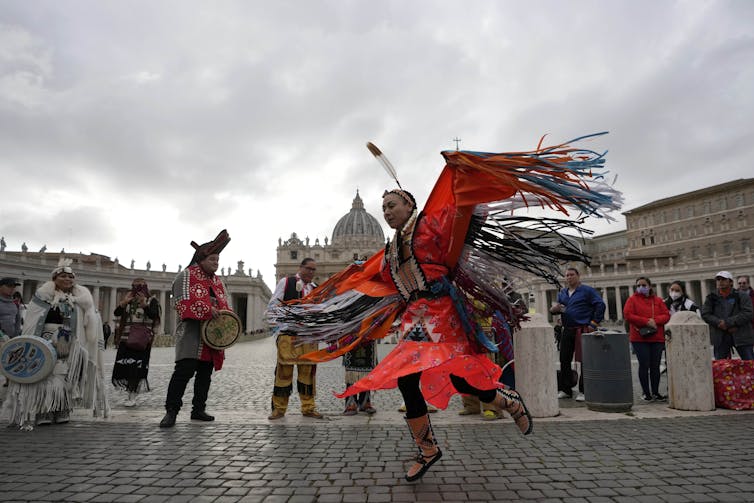
Annie Selak, a theologian at Georgetown University, unpacks the history and significance of papal apologies, which can speak for the entire church, past and present. Often, she notes, statements skirt an actual admission of wrongdoing.
Still, apologies “do say something important,” Selak writes. A pope “apologizes both to the church and on behalf of the church to the world. These apologies are necessary starting points on the path to forgiveness and healing.”
4. A church that listens
Many popes convene meetings of the Synod of Bishops to advise the Vatican on church governance. But under Francis, these gatherings took on special meaning.
The Synod on Synodality was a multiyear, worldwide conversation where Catholics could share concerns and challenges with local church leaders, informing the topics synod participants would eventually discuss in Rome. What’s more, the synod’s voting members included not only bishops but lay Catholics – a first for the church.
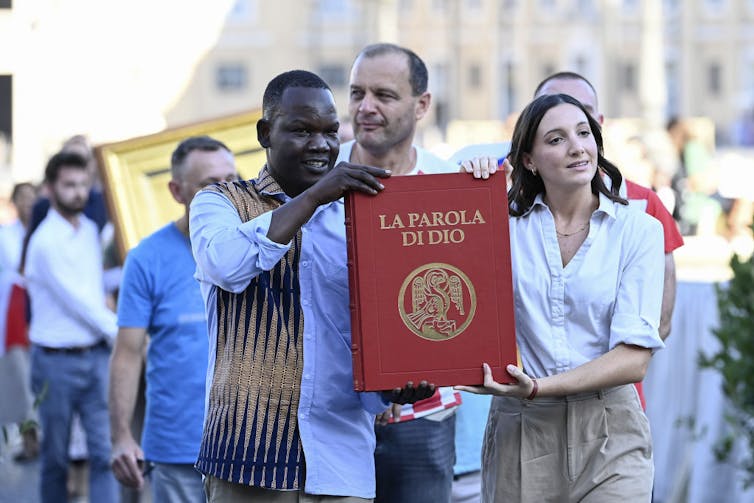
The process “pictures the Catholic Church not as a top-down hierarchy but rather as an open conversation,” writes University of Dayton religious studies scholar Daniel Speed Thompson – one in which everyone in the church has a voice and listens to others’ voices.
5. Global dance
In 2024, University of Notre Dame professor David Lantigua had a cup of maté tea with some “porteños,” as people from Buenos Aires are known. They shared a surprising take on the Argentine pope: “a theologian of the tango.”
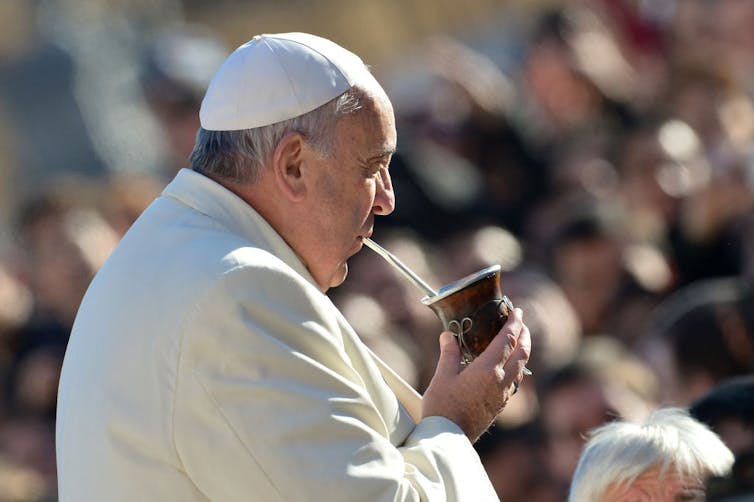
Alberto Pizzoli/AFP via Getty Images
Francis does love the dance – in 2014, thousands of Catholics tangoed in St. Peter’s Square to honor his birthday. But there’s more to it, Lantigua explains. Francis’ vision for the church was “based on relationships of trust and solidarity,” like a pair of dance partners. And part of his task as pope was to “tango” with all the world’s Catholics, carefully navigating culture wars and an increasingly diverse church.
Francis was “less interested in ivory tower theology than the faith of people on the streets,” where Argentina’s beloved dance was born.
This story is a roundup of articles from The Conversation’s archives.![]()
Molly Jackson, Religion and Ethics Editor, The Conversation
This article is republished from The Conversation under a Creative Commons license. Read the original article.
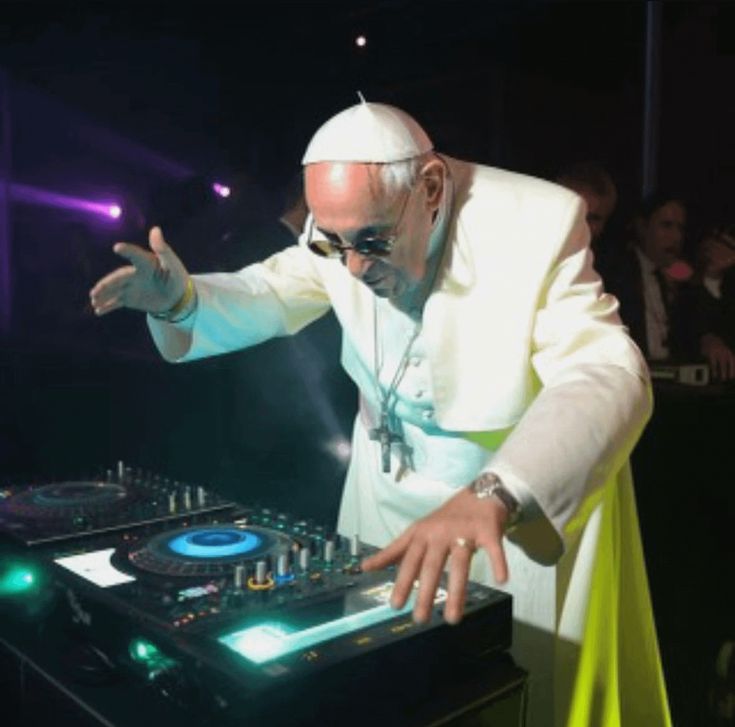
Pope Francis wrote this in the Hospital
The walls of hospitals have heard more honest prayers than churches…
They have witnessed far more sincere kisses than those in airports…
It is in hospitals that you see a homophobe being saved by a gay doctor. A privileged doctor saving the life of a beggar…
In intensive care, you see a Jew taking care of a racist…
A police officer and a prisoner in the same room receiving the same care…
A wealthy patient waiting for a liver transplant, ready to receive the organ from a poor donor…
It is in these moments, when the hospital touches the wounds of people, that different worlds intersect according to a divine design. And in this communion of destinies, we realize that alone, we are nothing. The absolute truth of people, most of the time, only reveals itself in moments of pain or the real threat of an irreversible loss. A hospital is a place where human beings remove their masks and show themselves as they truly are, in their purest essence. This life will pass quickly, so do not waste it fighting with people.
Do not criticize your body too much. Do not complain excessively. Do not lose sleep over bills. Make sure to hug your loved ones. Do not worry too much about keeping the house spotless. Material goods must be earned by each person; do not dedicate yourself to accumulating an inheritance. You are waiting for too much: Christmas, Friday, next year, when you have money, when love arrives, when everything is perfect…
Listen, perfection does not exist. A human being cannot attain it because we are simply not made to be fulfilled here. Here, we are given an opportunity to learn. So, make the most of this trial of life—and do it now. Respect yourself, respect others. Walk your own path, and let go of the path others have chosen for you. Respect: do not comment, do not judge, do not interfere. Love more, forgive more, embrace more, live more intensely! And leave the rest in the hands of the Creator.
— Pope Francis
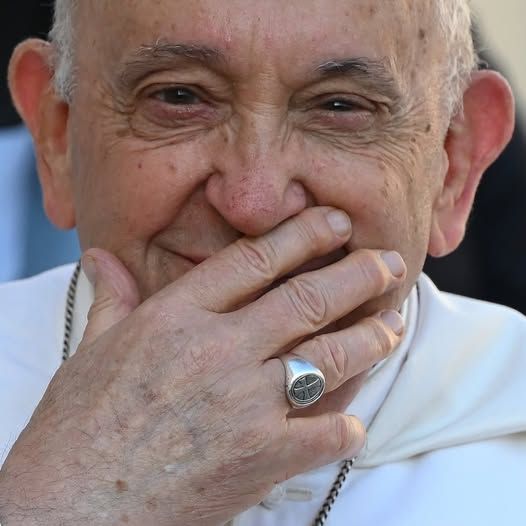

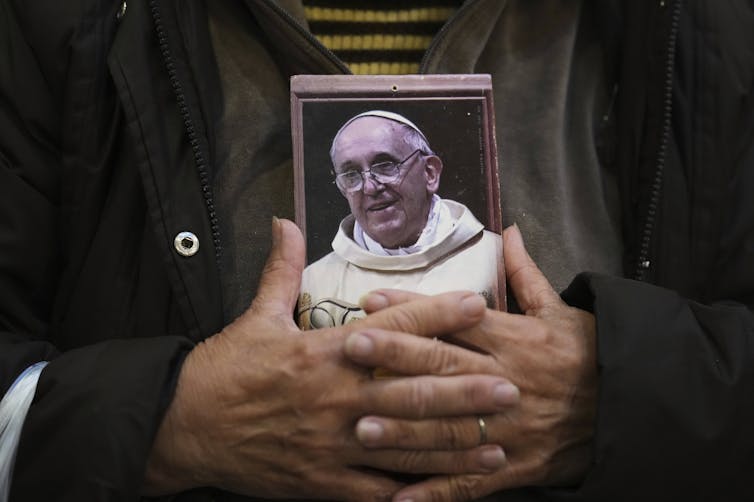
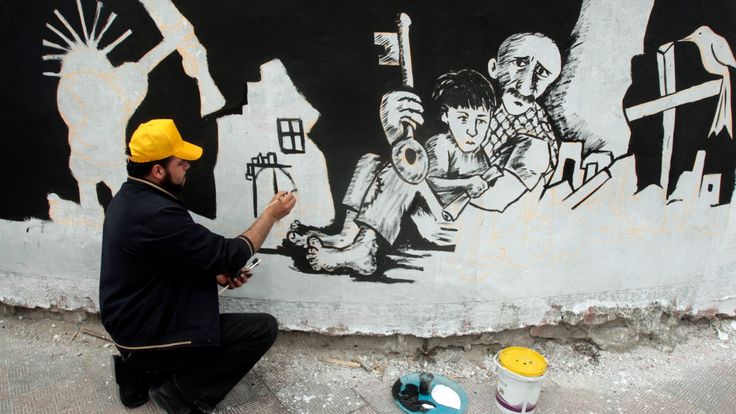
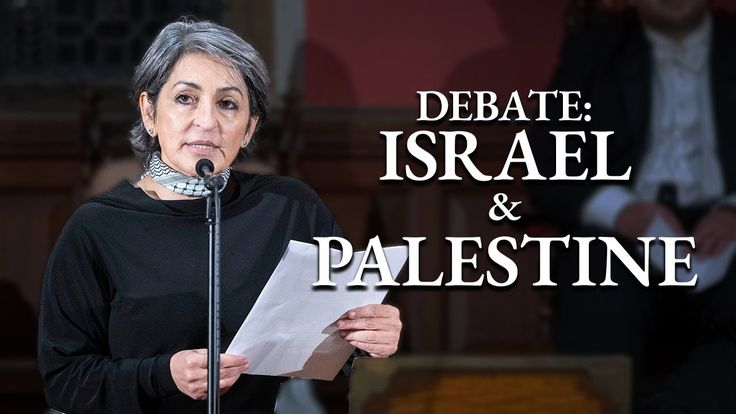
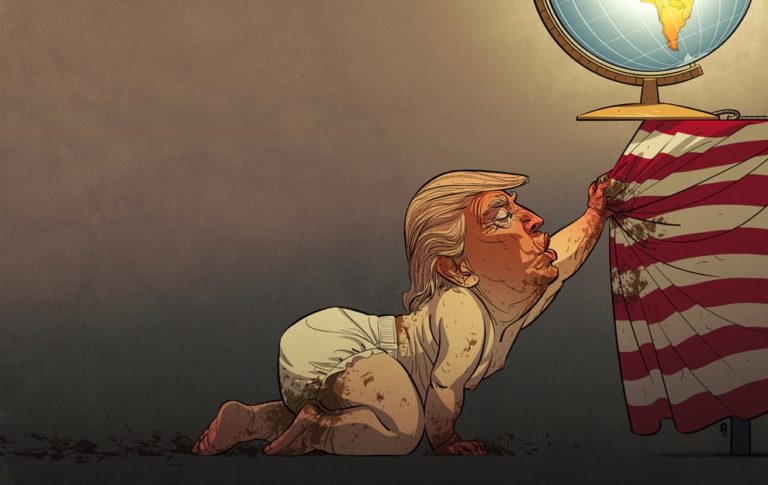
1 Comment
Pingback: Lous Theroux "The Settlers" (2025) shows where the Colonialism Project of Apartheid State Israel is after 77 years of Zionist Jewish Supremacy Ideology - Bergensia